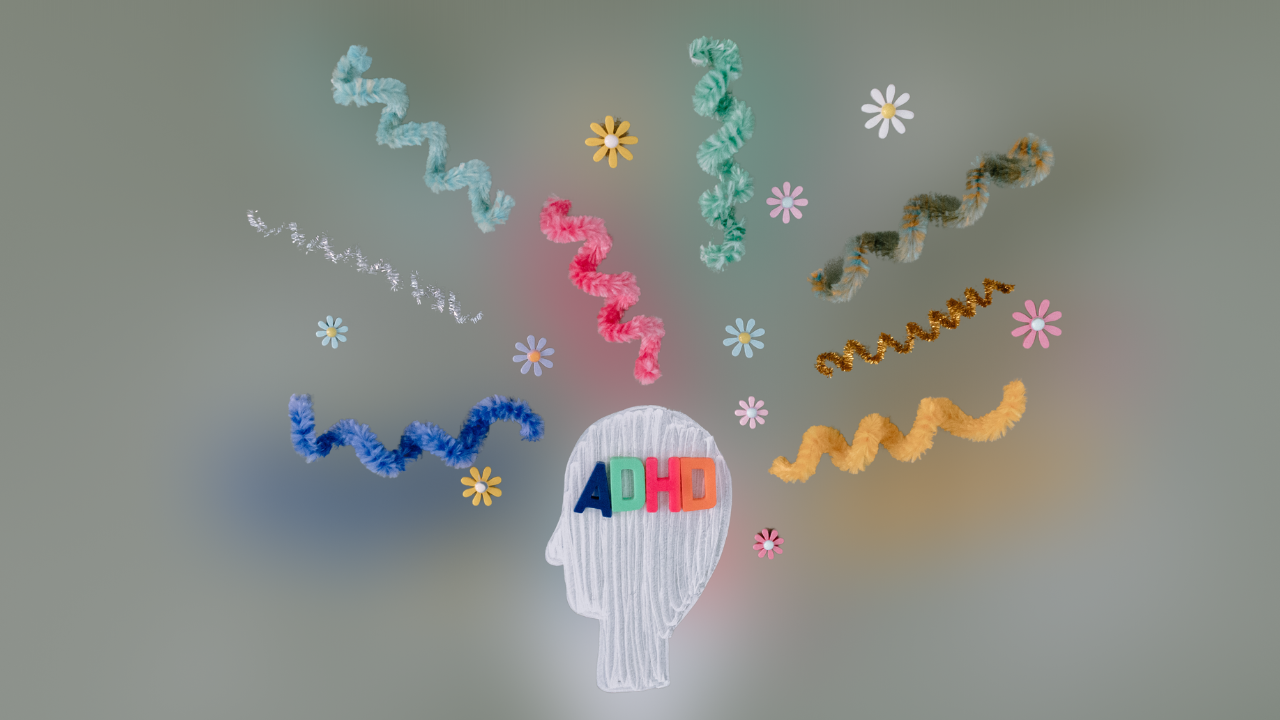ADHD: What Are Executive Functions Anyway?

When you hear ADHD, many things come to mind. Many of us remember “that kid” in elementary school who was wildly out of control, bouncing off the walls or always in trouble. We may have had more personal experiences in our family where our sibling or a cousin couldn’t “apply himself”, “never lived up to his potential” or just got lost in the shuffle.
I have joined the quest to understand and explain ADHD more completely so that people who have ADHD are better understood, better supported and accepted!
In my case, it’s personal! I joined this quest out of my personal passion for my own children and husband who all have ADHD. I wanted to know how to help them, how to clear the way for them to be successful and how to find and teach them tools that would bolster them in the areas they struggle so their awesomeness could shine through!
I want people to know the “real deal” when it comes to understanding ADHD and its impact on those that have it so they don’t have to continue to endure the judgement, misunderstandings and myths that come along with this disorder.
To do that, I’m starting a series of blogs over the next few months that focus on ADHD education – what it is, what it isn’t and how do we get straight on all of that so we can get to the problem solving!
So let’s dig in!
ADHD stands for Attention Deficit Hyperactivity Disorder. Officially in Diagnostic & Statistics Manual 5th Edition – there are 3 presentations of ADHD – primarily inattentive, primarily hyperactive or combined type which is inattentive and hyperactive together.
Generally, I think that it is widely understood that ADHD impacts a person’s ability to pay attention and many people experience hyper activity. But this definition of ADHD is woefully inadequate and does a disservice to individuals that have it.
First, let’s just agree that ADHD – Attention Deficit Hyperactivity Disorder is a horribly oversimplified name for a very complex disorder. Just looking at someone’s ability to pay attention is a wild over simplification of the impact this disorder has on many people. There are so many other impacts of this disorder that are often hidden and certainly misunderstood.
According to Russell Barkley – a leading expert in ADHD:
Attention-deficit hyperactivity disorder (ADHD) is the current term for a specific developmental disorder seen in both children and adults that is comprised of deficits in behavioral inhibition, sustained attention and resistance to distraction, and the regulation of one’s activity level to the demands of a situation (hyperactivity or restlessness).
It is further defined as a developmental delay in neurobiological brain functions responsible for self-control and self-regulation. In English that means – ADHD impacts the brain’s ability to communicate in certain regions of the brain that are responsible for how we control our thoughts, behaviors, emotions and actions. If communication in these brain areas is inefficient or not working, the brain functions don’t work well which leads to struggles!
The specific regions of the brain impacted by ADHD are collectively called “Executive Functions”. Depending on who you talk to and how executive functions are broken down, there are between 8-12 key brain functions that are impacted by ADHD. Over the next several weeks, we’re going to dig in and understand these executive functions in more detail. For now, it’s important to know that:
ADHD is neurobiological, NOT behavioral. It has everything to do with your brain wiring!
ADHD is the result of specific brain connectivity networks that carry information from one place to another that don’t work well for people – particularly in brain regions responsible for managing yourself.
Stay tuned for more information on Executive Functions and on how the ADHD brain works!
Judy Richardson-Mahre, MA, ADHD-CCSP
Licensed Marriage & Family Therapist
ADHD Expert & Coach
Parent Coach
Educator
612.930.3903

